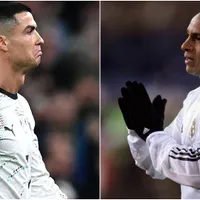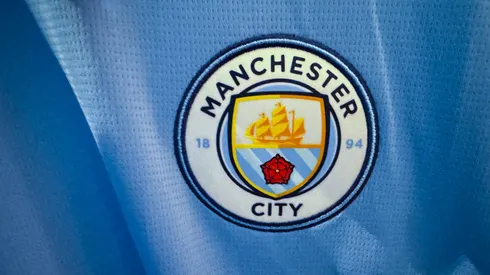On Thursday, Premier League club owners met in London for their first meeting of the 2024/25 season. The clubs discussed several issues regarding the league’s rules. However, one issue that the owners dropped from the agenda became the most important story of this meeting. The clubs were set to vote on an amendment to the Premier League’s Associated Party Transaction (APT) rules resulting from a lawsuit from Man City.
APTs are commercial deals involving a club and companies they have close ties to. The amendment would’ve changed who has access to an internal database league regulators use to assess the “fair market value” of APTs. After feedback from multiple clubs, the proposed vote was canceled.
Manchester City sued the Premier League in June 2024 over the APT rules. Many people are now saying that this could be a sign that Man City has won their lawsuit against the Premier League about its APT rules. Or does it?
Have Man City Won Their Case Against the Premier League?
As compelling as the arguments are, the canceled vote could just as easily mean nothing.
Multiple Premier League clubs reportedly had feedback about the proposed APT amendment. The Premier League clubs could’ve assessed the feedback and determined that now was not the right time to propose the specific amendment they had planned to vote on.
Ultimately, no one knows why the owners decided against voting on the APT rule amendment. Anyone claiming a massive victory for Man City now could be right. People saying the canceled APT amendment means nothing are just as likely to be right though.
We should all wait until an official ruling is announced before jumping to conclusions about this case.
Our Pick:Includes: Exclusive Premier League games, USMNT/USWNT & Women's World Cup in Spanish, & More |
 |
Man City APT Lawsuit explained
Following Saudi Arabia’s takeover of Newcastle in 2021, Premier League clubs voted to ban APTs above fair market value. According to the Premier League Handbook, this is to maintain the “effectiveness of the Profitability and Sustainability Rules, by ensuring the veracity of the costs and revenues reported by Clubs.”
The Premier League didn’t want a situation where other companies owned by Saudi Arabia’s Public Investment Fund (PIF) were giving billion-dollar sponsorships to Newcastle to circumvent Profitability and Sustainability Rules. It wasn’t just Newcastle and PIF companies though. The rule also served to curb Manchester City’s inflated sponsorships from companies owned by Sheikh Mansour associates in the United Arab Emirates.
Newcastle accepted these rule changes, but Manchester City did not. The club’s Abu Dhabi-based ownership group filed a lawsuit against the Premier League in June 2024. They argued the league’s APT rules discriminated against Gulf-owned clubs.
The 165-page document also contained the infamous phrase “tyranny of the majority,” where Manchester City argued the rest of the Premier League clubs were out to get them due to how successful they have been since Mansour bought the club.
This lawsuit is unrelated to the Premier League’s case against Manchester City for their alleged 115 breaches of the league’s financial rules. That case has just gone to an independent tribunal. Arbitrators heard Manchester City’s APT case against the Premier League last June. The outcome of the APT case will not have an impact on the 115 Charges tribunal.
What’s changed?
Despite the reports from Thursday about Manchester City “appearing to win” their APT case against the Premier League, there have been no updates on the case since the hearing in the summer.
So, why do people think the Cityzens are set to score a victory against the Premier League? It all goes back to the amendment that Premier League clubs decided not to vote on this Thursday.
Some outlets say their sources have told them that the Premier League deciding not to vote on the APT amendment could be a sign that Manchester City has won the case. Other outlets have admitted that they are just guessing what the canceled vote means.
The canceled amendment could mean that Manchester City scored a massive win. If this were to happen, the Premier League would have to completely scrap or rewrite its APT rules. In that situation, voting on a minor amendment to the database element of the APT rules wouldn’t make much sense.
It also wouldn’t make sense if Manchester City secured only a partial win in the case. For example, the arbitrators could’ve agreed with the Premier League about the majority of its APT rules. The arbitrators could also have taken issue with how the database works and ordered it to be reworked. If this happened, voting on amending the database procedures would be pointless until the Premier League completes a total rewrite of the database elements of its APT rules.
Something like this where both sides win on certain issues is pretty likely to happen. Private tribunals are collaborative. One side rarely gets everything they want in high-profile arbitration cases.
Photo: IMAGO / NurPhoto















